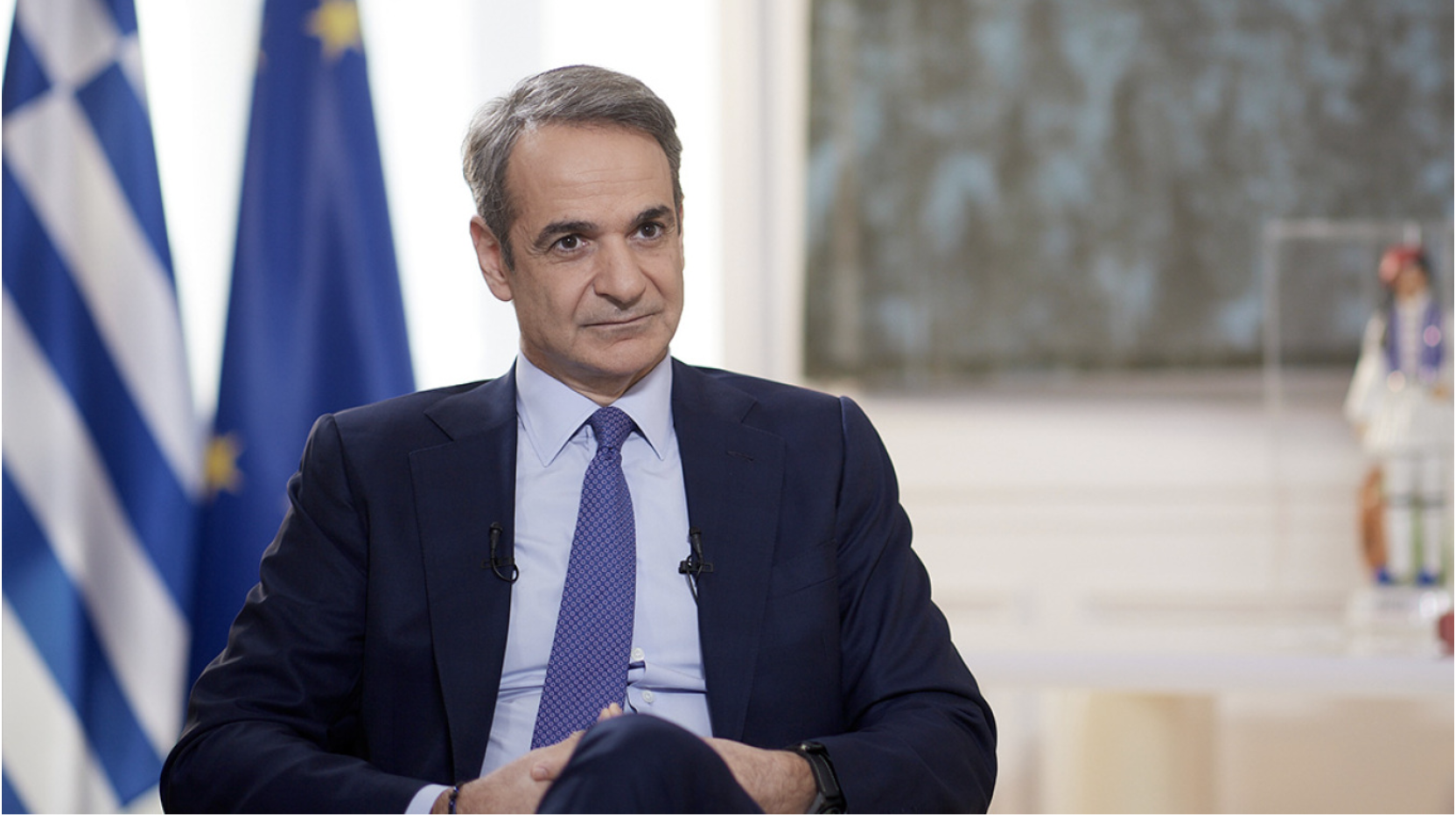The increase in the number of Personal Doctors, the introduction of a free Personal Pediatrician, and the establishment of University Health Centers connected with Medical Schools are the three changes the bill for the Reform of the Personal Doctor System brings to Primary Health Care (PHC). The bill, titled “Establishment of University Health Centers and Other Provisions of the Ministry of Health,” is currently being discussed in Parliament.
Since identifying the weaknesses and strengths of the Primary Health Care system in 2022, the Ministry of Health now focuses on areas where citizens have not registered with a Personal Doctor due to the unavailability of doctors. The Ministry is leveraging university resources to enhance PHC by establishing 8 Health Centers under the umbrella of Medical Schools.
The Ministry’s goal is to achieve universal population coverage, with an initial target date of 2025. During this period, it aims to cover 75% of the population, compared to the approximately 50% of citizens currently registered with a Personal Doctor.
Specifically, 5,075,240 citizens have registered, and the total number of doctors in the system stands at 3,557, primarily from the public health sector. With the proposed changes, it is estimated that an additional 2,500 Personal Doctors will be added by the end of 2025.
Expansion of the Pool of Personal Doctors
The pool of Personal Doctors will be expanded to include rural doctors and private general practitioners or internists.
The rural service, commonly known as the “agrotiko,” will be abolished, and these positions will become mandatory Personal Doctor roles. New doctors will be required to provide both rural and Personal Doctor services to the local population they cover.
Regarding private doctors, the pool will also expand, allowing citizens to choose their private doctor as their Personal Doctor, but they will pay for these services out of pocket. Up until now, Personal Doctors were chosen from specific categories of doctors, either contracted with the National Organization for Healthcare Services (EOPYY) or designated as Personal Doctors within the public health system.
Now, even EOPYY-contracted doctors will have the right to offer Personal Doctor services privately and will be compensated accordingly, serving up to 500 additional citizens.
Investment in Primary Health Care Specialists
At the same time, the Ministry of Health is investing in key specialties for Primary Health Care, specifically General Medicine and Internal Medicine. These two specialties are currently not favored by medical graduates. According to OECD data, only 6% of new medical graduates in Greece choose General Medicine or Internal Medicine, while the corresponding figure in Europe reaches 26%.
The new legislative intervention will incentivize young doctors who, in addition to their specialty training, will also serve as Personal Doctors. Those choosing these specialties will receive a grant of €40,000 (gross) starting in 2025. This amount will be paid in two installments: €30,000 at the beginning of their specialty training and €10,000 upon completion and acquisition of the specialty title.
Abolishment of the Deterrent System and Automatic Registration
With the reform of the Personal Doctor system, the disincentive framework that imposed “penalties” on citizens for not registering with a Personal Doctor is abolished. This system had not been implemented due to the insufficient number of doctors available for the entire population. With the proposed changes, citizens who do not register with a Personal Doctor by June 1, 2025, will be automatically enrolled.
Personal Pediatrician and Telemedicine Services
The bill to be voted on introduces the Personal Pediatrician, a service that did not previously exist. In an effort to reduce inequalities in healthcare access, the Ministry of Health is providing free pediatric visits for 530,000 children.
The creation of eight University Health Centers, as stipulated by the bill, is expected to enhance Primary Health Care services in Greece.
These University Health Centers will be affiliated with the Medical Schools of the country’s universities and staffed by faculty members.
They will also operate Telemedicine Stations. Within the Telemedicine Network, there will be 3,500 home care points across the country. This will allow patients to receive at-home care with 24/7 continuous medical monitoring, no matter where they reside.
Ask me anything
Explore related questions




